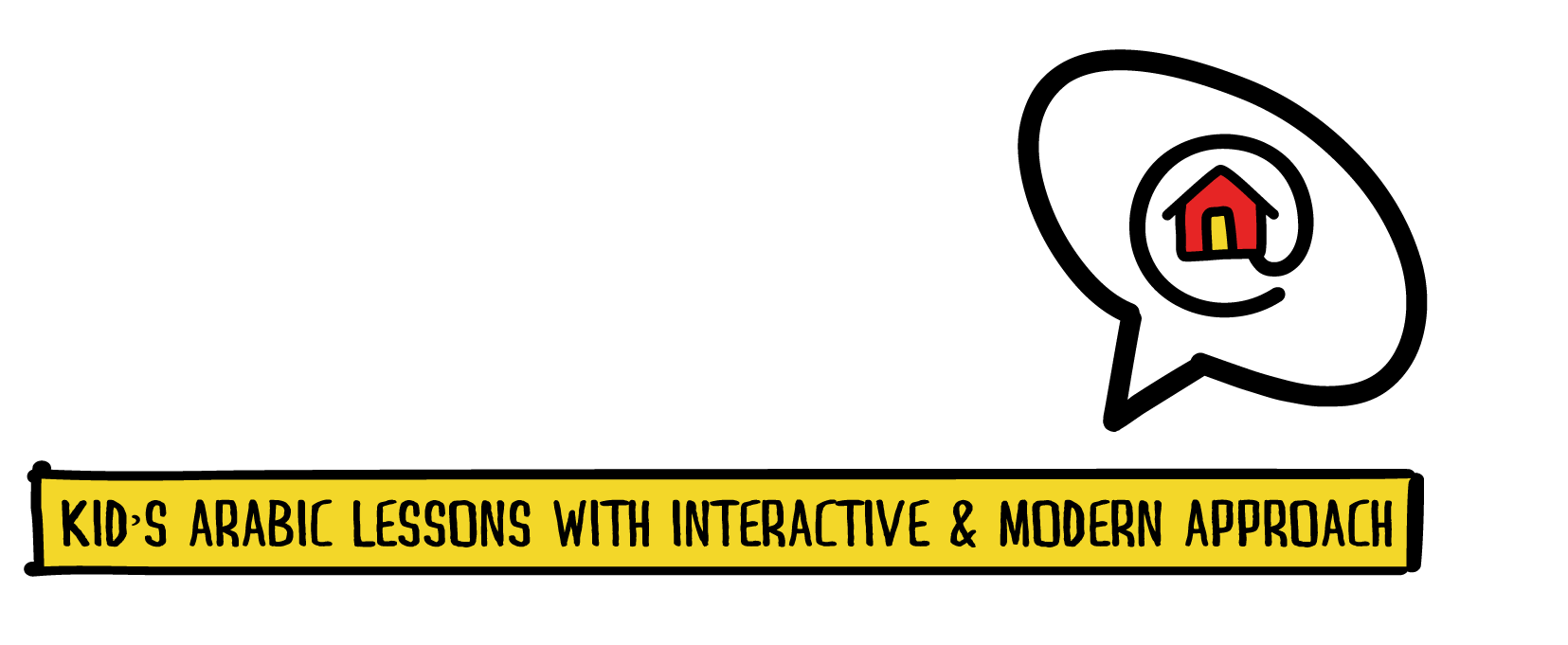Effective Strategies for Building Your Child’s Arabic Vocabulary
Learning a new language can be an exciting journey, especially when you’re introducing it to your child. Arabic, with its rich history and beautiful script, can be a captivating language to learn. Whether you have Arabic-speaking roots or simply want to expose your child to the language, building their Arabic vocabulary can be a rewarding and enriching experience. Here are some effective strategies to help you achieve this goal:
Use Flashcards
Creating flashcards with Arabic words and their English translations or corresponding images is an engaging way to kick-start your child’s language journey. These flashcards can be used to play vocabulary games that make learning enjoyable.
Label Common Items
Immerse your child in Arabic by labeling everyday items in your home with their Arabic names. For example, putting labels on the door, table, chair, and other objects helps your child associate Arabic words with real-life objects.
Word of the Day
Introducing a new Arabic word to your child every day is an effective routine. Make it fun by having them find objects around the house that match the word.
Picture Books
Picture books with both Arabic and English translations are invaluable tools. Point to objects in the book and say their names in Arabic to reinforce vocabulary.
Themed Vocabulary
Create a structured approach by choosing a specific theme for each week or month, such as food, colors, or animals. Focusing on themed vocabulary helps build a comprehensive language foundation.
Arabic Alphabet Blocks
Investing in Arabic alphabet blocks or puzzles can help your child become familiar with both the Arabic script and basic words.
Use Context
When introducing new words, place them in context. For example, if you’re teaching the word “قلم” (qalam), which means “pen,” show your child a pen and use the word while they’re using it.
Practice Regularly
Consistency is key. Try to incorporate Arabic words into your daily routines. Greet your child with “صباح الخير” (Sabah al-khair) in the morning or say “شكرًا” (Shukran) when they do something nice.
Language Games
Play language games like word searches, crossword puzzles, and memory games with Arabic words. Many educational websites offer Arabic language games for kids.
Celebrate Achievements
Acknowledge and celebrate your child’s progress. When they master a new word or phrase, praise their effort and make it a special moment.
Language Exchange
If possible, connect with Arabic-speaking friends or family members who can interact with your child in Arabic. Practical language use can reinforce what they’re learning.
Remember, learning a new language is a journey that takes time and patience. The key is to make the experience enjoyable and meaningful for your child and to provide them with opportunities to practice regularly. Arabic vocabulary will gradually build as they become more comfortable with the language.
At Kalima, we offer online Arabic lessons through one-on-one sessions, ensuring the highest quality Arabic language education and an enriching cultural experience for your child. If you’re looking to provide your child with the gift of Arabic, don’t hesitate to reach out to us today! You can contact us at 96181701455 or email us at info@kalima-lessons.com to discuss how we can support your child in their language journey. We eagerly await hearing from you.
Recommended reads: Overcoming Challenges in Arabic Language Learning: A Fun Journey for Kids – Kalima (kalima-lessons.com)


